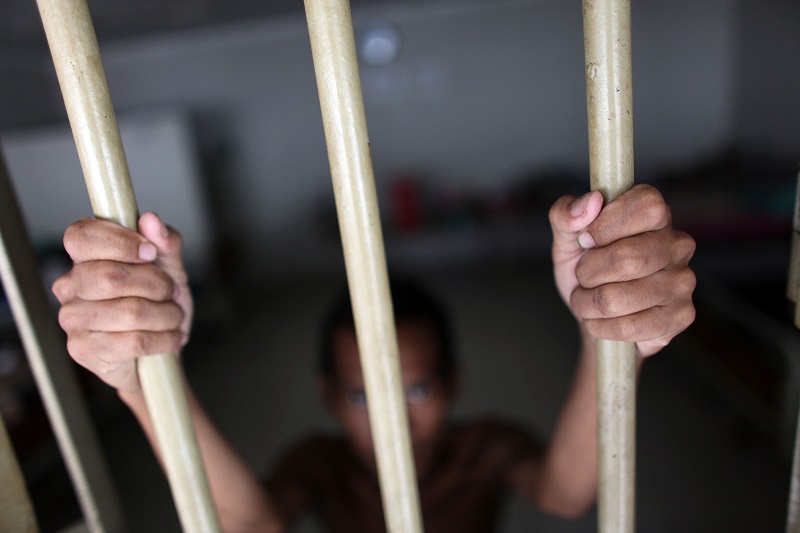

Stakeholders have emphasized that the government and law enforcement agencies should be more responsible for ending caste discrimination.
At the inaugural function of the ‘National Workshop Against Caste Discrimination’ organized by INSEC today on the occasion of the 56th International Day for the Elimination of Racial Discrimination, Chairman of the National Dalit Commission Devraj Bishwakarma stressed on the need for effective implementation of laws related to discrimination. He said that the culture of caste discrimination and untouchability should be eradicated from the country.
Niradevi Jairu, chairperson of the Committee for Monitoring and Evaluating the Implementation of Directive Principles, Policies and Responsibilities of the State, expressed the view that the state should solve the problems of the exploited communities and implement the existing laws effectively. He said that he felt that Nepalis still bowed their heads while discrimination was still prevailing in the society.
Human rights activist Sushil Pyakurel said that since caste discrimination is a kind of inhumane treatment, everyone should take initiative to eradicate it and the state legal bodies should be more responsible. Advocate and human rights activist Bhakta Bishwakarma stressed on the need for the government to formulate a long-term plan and run it as a campaign to end caste discrimination. Even though it has been 56 years since the world started celebrating this day, apartheid in the West and caste discrimination in countries like Nepal have not been eradicated yet.
INSEC Chairperson Dr. Indira Shrestha informed that the workshop was organized with the objective of eradicating caste discrimination in law, policy and practice in Nepal. 115 people from all over the country are participating in the workshop. Nepal ratified the 1965 Convention on the Elimination of All Forms of Racial Discrimination and has been implementing it since 1971.
Along with the international treaties and agreements, the constitution of Nepal has enshrined the fundamental rights against ethnic untouchability and the rights of dalits. Article 24 of the Constitution of Nepal provides for the right against untouchability and discrimination and Article 40 provides for the rights of dalits.